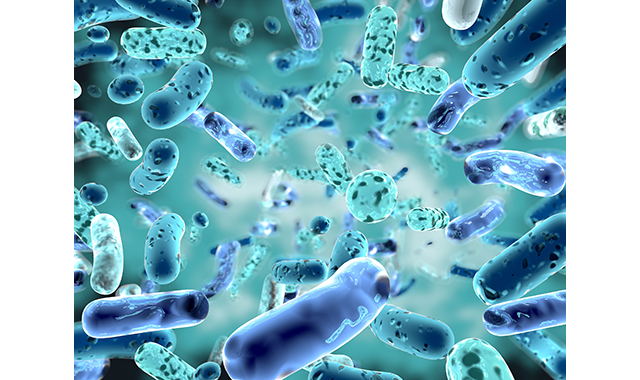New research suggest bacteria in pickles could prevent caries
Researchers found that probiotics produced in the pickling process can slow the buildup of plaque.

Caries may find themselves in a pickle, according to new research published in the journal Frontiers in Microbiology. Researchers from China and Israel. Sichuan University in Chengdu, Sichuan, China and a research team from Ben-Gurion University of the Negev (BGU) in Beersheba, Israel found that probiotics produced in the pickling process can slow the buildup of plaque.
Probiotics are thought to have health benefits in other areas, which is why researchers decided to explore their relevance to oral hygiene. The team tested 54 strains of bacteria isolated from pickled cabbage that is popular in Sichuan and has long been said to carry health benefits. All of the bacteria were Lactobacillus from the lactic acid bacteria group. Some showed benefits, but one strand, in particular, Lactobacillus Plantarum K41, was particularly effective in reducing the buildup of plaque and preventing cavities.
“This could lead to probiotic mouth treatments; there are lots of possible applications,” says Prof. Ariel Kushmaro of BGU’s Department of Biotechnology Engineering. “The main idea is that probiotics can reduce pathogenic bacteria in the mouth - that could mean you have fewer problems with oral hygiene.”
After researchers infected two groups of rats with a dose of cavity-causing bacteria designed to significantly speed tooth decay and monitored them for 35 days, the group that received probiotics from pickles had 20-30% fewer cavities than the control group. This research could have far-reaching implications for oral health and opens up the possibility of using probiotics to maintain dental health, Prof. Kushmaro said.
While the research was focused on Sichuan pickled cabbage, the production process is similar to that used for lots of other pickles and they could also contain bacteria that could help oral hygiene, Prof. Kushmaro said.
“We isolated different bacteria from the pickles and then used them to create probiotics,” says Prof. Ariel Kushmaro. “We proved that they inhibit the bacteria that are responsible for the formation of biofilm, which initiates plaque, and we demonstrated that we can inhibit the level of cavities.”
To read the study in full, click here.